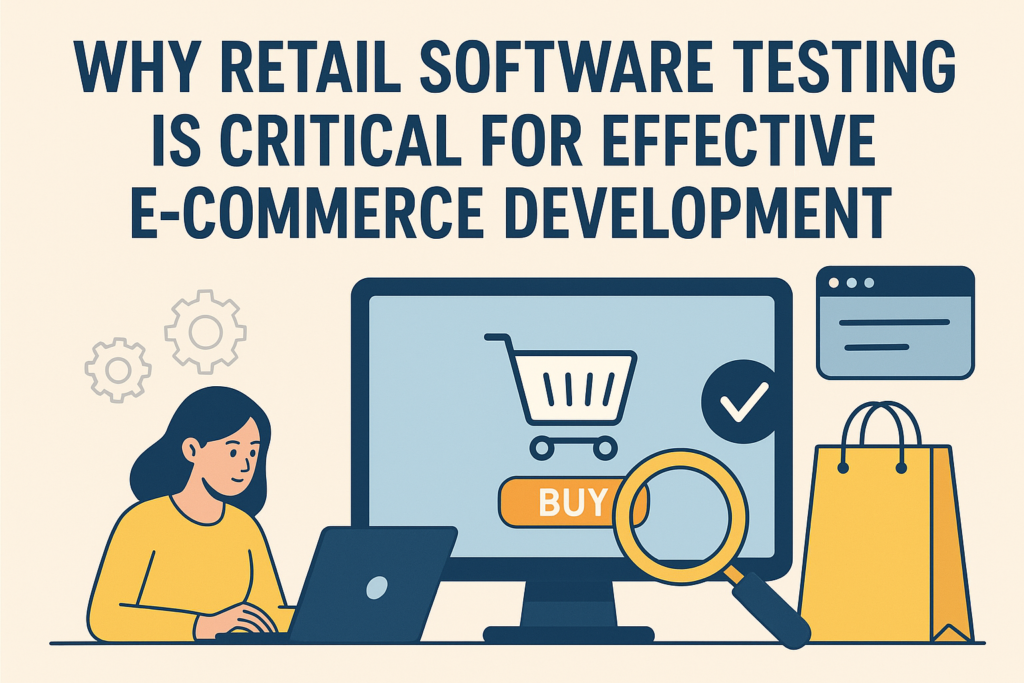How Advanced Freight Broker Software Shapes a Profitable, Productive Supply Chain

The freight and logistics industry has entered a new era, one driven by digital transformation and cutting-edge tools specifically designed for brokers. Traditional methods often relied on mountains of paperwork, cumbersome spreadsheets, and an endless cycle of phone calls and email chains. However, technology has revolutionized these processes—modern platforms, such as LoadPilot are at the forefront, enabling logistics professionals to efficiently move shipments, manage documents, and connect with partners from a single dashboard.
What Modern Freight Broker Software Brings to the Table
With features such as instant document exchange, automated notifications, and centralized load boards, freight broker software eliminates inefficiencies that once slowed down operations. No longer do individuals have to waste valuable time searching for shipment information or tracking missing signatures.
These platforms streamline the entire journey, allowing brokers to assign loads, monitor progress, and handle customer service seamlessly. The end result is a faster workflow, reduced overhead, and more satisfied clients.
Key Takeaways
- Digital platforms empower teams to collaborate more effectively, reducing wasted time and increasing throughput.
- Automation delivered by freight broker software minimizes errors, accelerates critical paperwork, and supports regulatory compliance.
- Smart analytics and centralized data sources provide actionable insights, enabling logistics professionals to identify profitable opportunities and cut unnecessary costs.
- Technology adoption enables logistics companies to remain adaptive, resilient, and competitive in a rapidly changing market.
Balancing Efficiency and Customer Expectations in Logistics
Today’s shippers and customers have come to expect nothing short of excellence: same-day or next-day delivery, up-to-the-minute updates, and transparency throughout every stage of their shipment’s journey. This high standard has led many brokers to rely heavily on freight broker software to meet these demands. Digital transformation has become the industry’s ace in the hole. As highlighted by Supply Chain Dive, the widespread adoption of innovative broker technology is directly linked to dramatic improvements in turnaround times and customer satisfaction rates.
By letting automated workflows handle repetitive tasks and consolidating communications into a centralized portal, brokers can respond faster, deliver more accurate information, and build stronger, longer-lasting business relationships.
Reducing Errors and Improving Accuracy with Automation
Errors in the logistics sector, whether from misplaced paperwork or overlooked deadlines, can quickly snowball into costly complications—missed deliveries, financial loss, or damaged trust. Freight broker platforms deploy automation to prevent these mistakes before they happen. Features such as automated billing, scheduled reminders, digital document uploads, and real-time shipment tracking ensure that each step follows a consistent and reliable protocol.
Notably, Transport Dive documents real-world scenarios in which automation enabled brokers to cut processing times in half, reduce manual data entry, and significantly improve audit preparedness. Digital audit trails also mean every transaction and modification is logged and accessible, making it easier for teams to maintain compliance without the burden of shuffling paperwork. In a heavily regulated landscape, these capabilities can give businesses significant peace of mind.
Why a Centralized Platform Fosters Collaboration
A major challenge facing the freight industry is siloed operations, where teams, carriers, or departments work independently with incomplete information. This can slow down responses to issues or changes, create confusion, or even result in shipments being overlooked. A centralized freight broker system changes the paradigm by hosting all essential functions—paperwork, messages, load postings, and contracts—in one cloud-based workspace.
Everyone involved, from dispatchers to drivers to accounting, can access real-time updates and collaborate on shared documents. This ensures that no one is out of the loop and that every stakeholder has a current and accurate view of the shipment lifecycle. The centralized nature of these platforms speeds up approvals, accelerates problem resolution, and transforms collaboration from a challenge into an operational strength. Whether teams work on-site or remotely, they can swiftly adapt to changes and keep shipments moving.
Integrating with Other Supply Chain Systems
Freight broker software is only as powerful as its ability to integrate seamlessly with other tools. The most robust broker platforms feature integrations with transportation management systems (TMS), accounting software, safety compliance tools, and even mobile apps for drivers. This connectivity ensures that data flows effortlessly—shipment statuses, payment records, and compliance updates are instantly available across platforms.
Such integration eliminates double entry, reduces the likelihood of errors, and enables businesses to adapt when customer needs shift or unexpected supply chain disruptions arise. In competitive markets, seamless system integrations translate to faster response times, improved transparency, and a tech-forward reputation that appeals to cutting-edge shippers and carriers.
Is It Time to Invest in Freight Broker Technology?
The question for many logistics organizations is no longer whether to go digital—it’s how soon to make the change. With data from recent industry reports illustrating tangible cost savings and performance improvements, the momentum behind digital broker software is only growing stronger. Companies that are leaping are reporting faster turnarounds, improved accuracy, and stronger customer retention, translating into lasting profitability.
Adopting new technology also sends a clear message to partners and clients: this company is invested in efficiency, transparency, and reliable service. Whether overhauling a legacy system or starting fresh with a platform, logistics teams that adopt modern software enjoy a competitive edge and readiness for whatever challenges the future brings.
Final Thoughts: Building the Modern Supply Chain
The logistics industry is under constant pressure to deliver more, faster, and with fewer errors. Utilizing advanced broker technology is no longer just a smart business move—it’s essential for survival and growth in a fast-paced, competitive world. Streamlined processes, automated compliance, digital document management, and actionable analytics all contribute to lower costs, higher productivity, and new business opportunities. Embracing these tools paves the way for a connected, resilient, and ultimately profitable supply chain for years to come.

Why Retail Software Testing is Critical for Effective E-commerce Development?

How Sales Teams Increased Productivity with Parallel Dialers

Curtain Dry Cleaning and Leather Sofa Cleaning – Reliable Care by Duo Nini

The Complete Guide to Growing on Twitch: Should You Buy Twitch Followers?

How Technology Is Changing Addiction Recovery in the Digital Age.

Why Retail Software Testing is Critical for Effective E-commerce Development?

How Sales Teams Increased Productivity with Parallel Dialers

Curtain Dry Cleaning and Leather Sofa Cleaning – Reliable Care by Duo Nini








